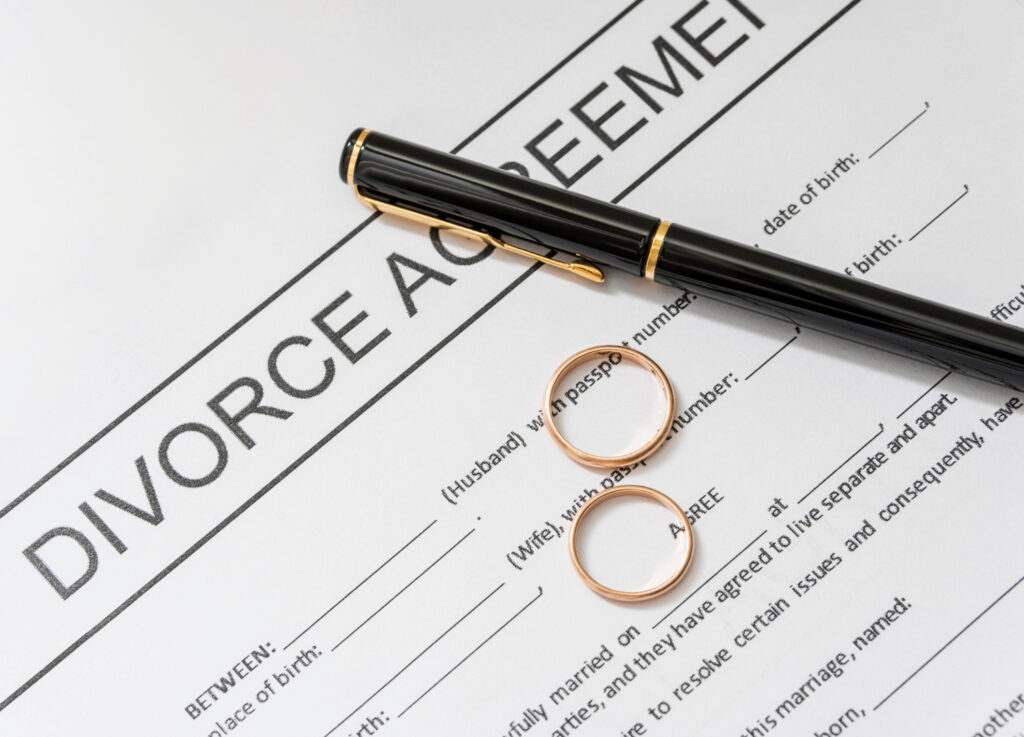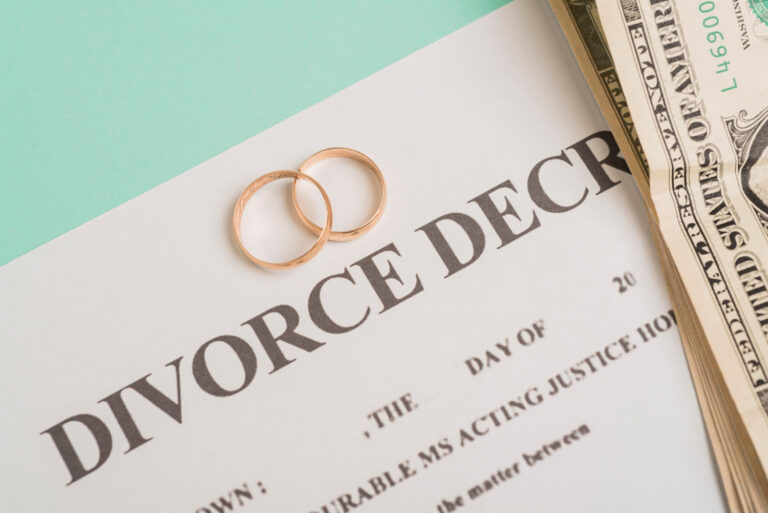
Going through a divorce is tough, but one of the most common questions we hear at JeffMcKnightLaw is, “How long will this take?” As experienced divorce lawyers, we know that the timeline can vary greatly depending on several factors. In this article, we’ll break down the different stages of the divorce process and how each one affects the overall timeline. Understanding this can help you prepare better and ease some of the anxieties surrounding your situation.
As indicated in legal resources, a divorce can take a few months to several years. The time frame depends on factors like jurisdiction, case complexity, and cooperation between parties. Uncontested divorces tend to be quicker than contested ones.
Introduction to Divorce Duration
Divorce duration can differ greatly, influenced by factors such as varying state laws, the nature of the divorce (contested or uncontested), and the complexity of the issues at hand.
In other words, sometimes, a divorce can be completed in a few months, but other times it can take years. The process usually includes filing for divorce, notifying your spouse, discussing matters like dividing property and deciding on child custody, and possibly going to court.
In short, be ready for a time-consuming and emotionally tough path when getting a divorce. Talking to a good lawyer can make things easier and possibly quicker. How long a divorce takes depends on each situation, so it’s important to stay patient and know what to expect during the process.
Factors Affecting Divorce Length
Individual circumstances greatly influence the length of a divorce.
There are several factors that can affect how long a divorce takes. One of the main factors is how complicated the divorce is. For example, if there are children involved or a lot of property to divide, it can take longer. Also, if the couple is fighting a lot, it can make the process longer because they might have many disagreements to work through.
Money issues are another factor. Couples often need to agree on things like spousal support and how to split their belongings. If one person doesn’t want to cooperate, it can make the process take more time.
The legal system also plays a role. Some courts are very busy and may take longer to process divorce cases, causing delays.
Emotions are important too. If one or both people are having a hard time dealing with the end of the marriage, it can slow things down. In such cases, counseling might help them deal with their feelings and move forward.
Average Time for Different Divorce Types
Different types of divorces can take varying amounts of time due to the unique circumstances involved in each case.
In general, uncontested divorces are usually quicker and simpler, often taking just a few months to complete. On the other hand, contested divorces can be more complicated and take much longer, ranging from several months to a few years.
Several factors can affect how long a divorce takes, such as how willing both spouses are to cooperate, the complexity of their assets and debts, whether they have children, and the overall level of conflict between them.As a rule, mediation and collaborative divorces are alternative ways to resolve disputes that can speed up the process by helping the couple reach an agreement together. However, if they can’t agree, the divorce might go to court, which can make it take even longer.
It’s important for anyone going through a divorce to talk to a qualified attorney to understand their rights and options and to work through the legal process efficiently. The time it takes for a divorce can vary widely, and every case is unique.
Steps in a Typical Divorce Process
In a typical divorce process, a fascinating fact is that the first step involves the crucial and emotional decision to end the marriage.
Generally speaking, one spouse will ask the court for a divorce and send the necessary documents to the other spouse. Both spouses will then share their financial details and discuss how to divide their property, handle child custody, and manage spousal support. If they can’t agree, a judge will decide for them.
During this time, they might also go to mediation sessions to settle things without going to court. Once everything is sorted out, a final divorce decree will be issued, officially ending the marriage. It’s important for both spouses to get legal advice to protect their rights and interests. Communicating and working together can make the process easier and more friendly.

Tips to Expedite Your Divorce
Open and honest communication with your spouse and lawyer can significantly speed up your divorce process.
Provide all the needed documents and information quickly to avoid slowing down the legal process. Be open to compromise and work with your spouse to agree on important matters like child custody, spousal support, and dividing assets. Consider mediation or other ways to solve disputes without going to court. Stay organized and listen to your lawyer to ensure you meet all deadlines.
Keep your emotions in check and focus on moving forward with the divorce. Be ready to make tough choices and prioritize what’s most important to you. Stay informed about your case and address any issues as they come up. By being cooperative, organized, and proactive, you can speed up your divorce and move on with your life.
Bringing it All Together
The duration of a divorce process can vary greatly depending on various factors such as the complexity of the case, the willingness of both parties to cooperate, and the court’s caseload.
What JeffMcKnightLaw is recommending to stay away from is, while some divorces can be finalized relatively quickly within a few months, others may drag on for years. It is important for individuals going through a divorce to be prepared for the possibility of a lengthy legal process.
References
- “The Long Goodbye: How to Divorce as Positively as Possible” by Farrah Precey, Bloomsbury Publishing, 2018.
- “How Long Does Divorce Take in California?” by Michael A. Harris, Eastgate Publishers, 2016.
- “Divorce and Family Law in California” by John P. McCall, Cognella Academic Publishing, 2020.






